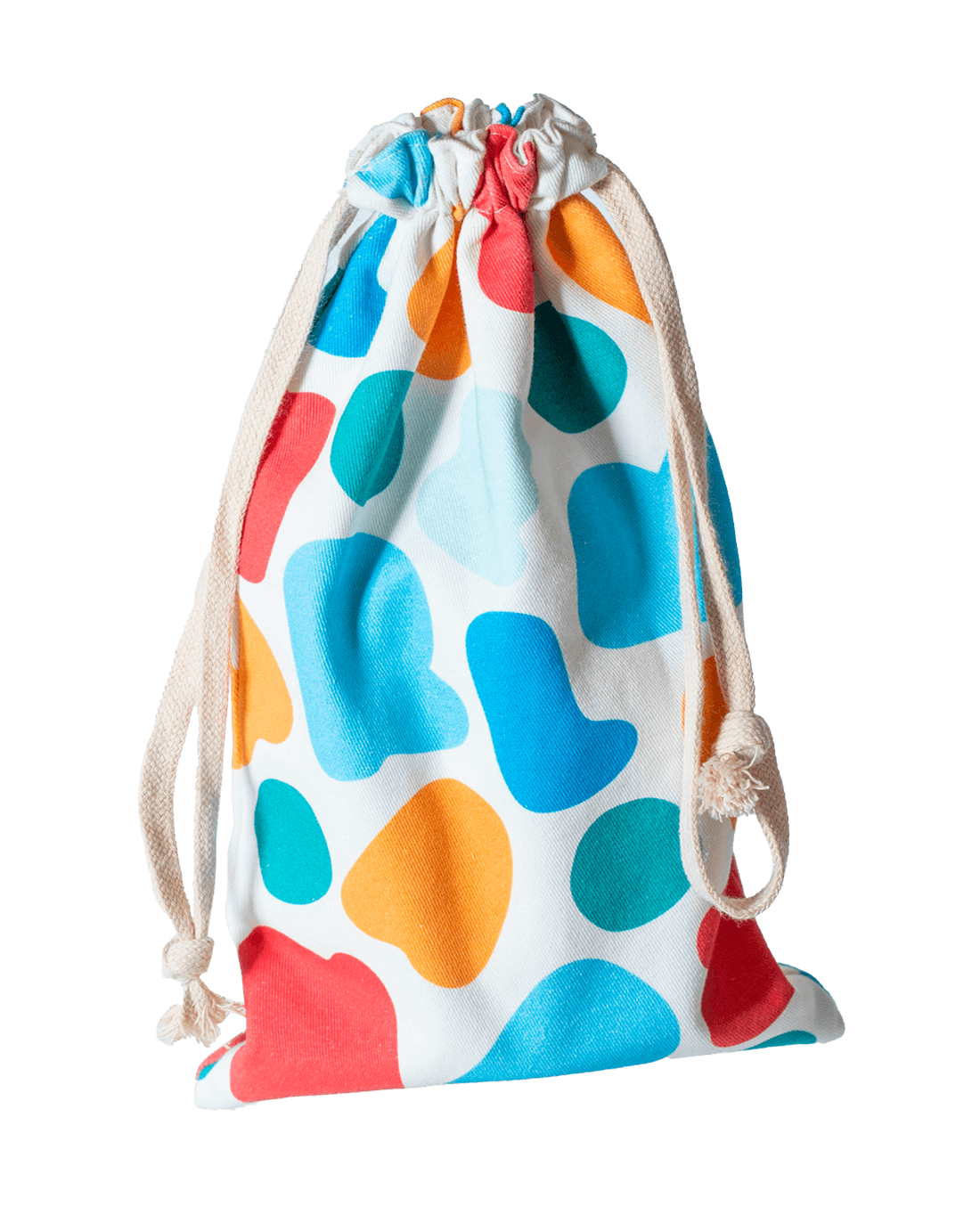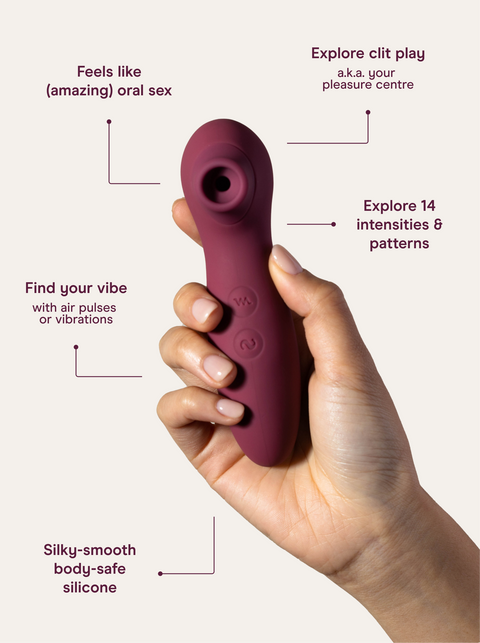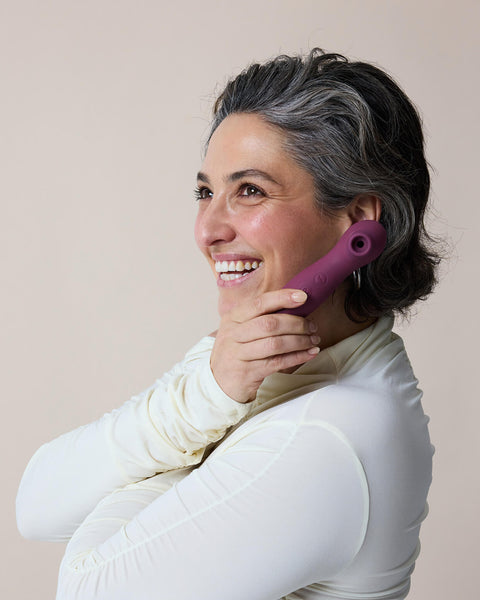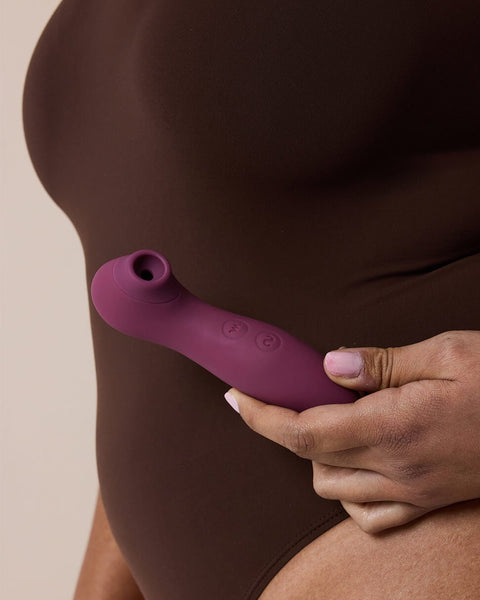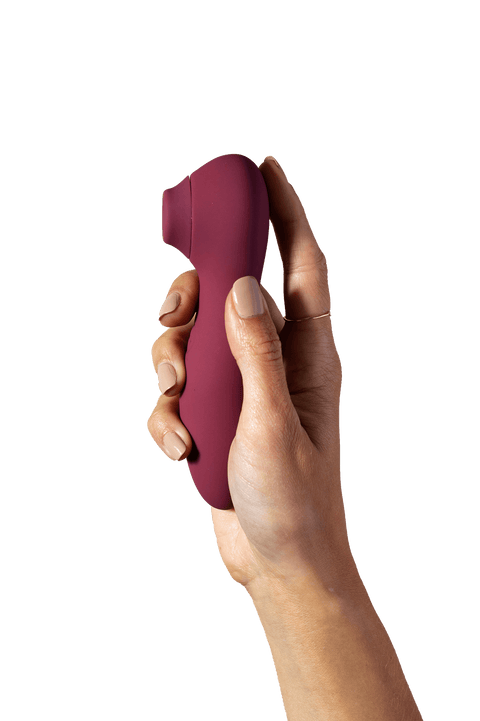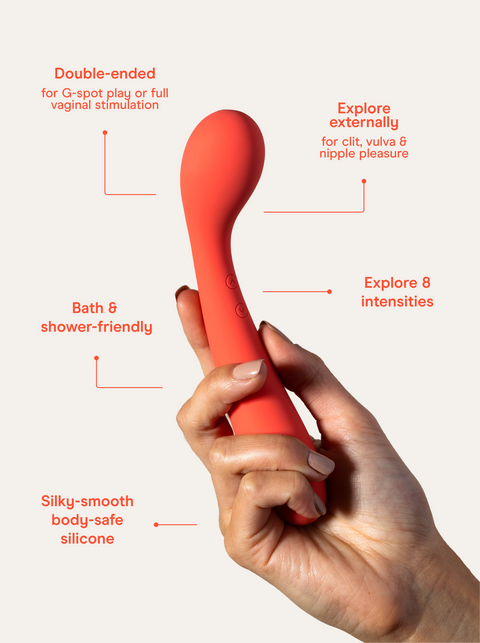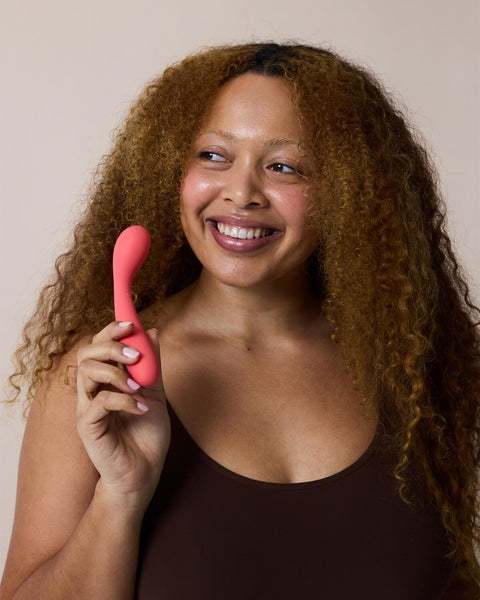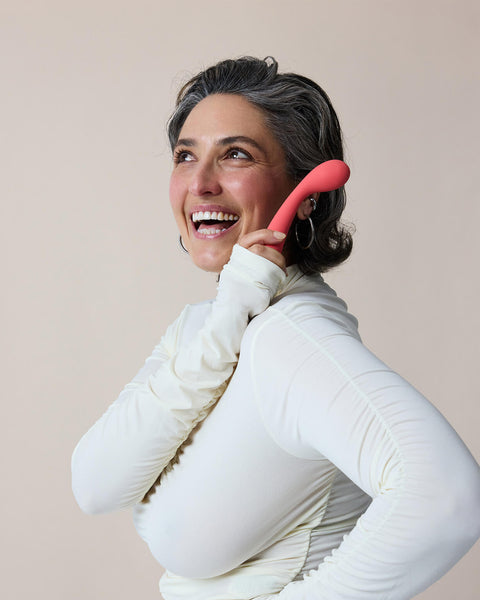This guide is part of the Body Confidence Course, a free video series where acclaimed sex coach Georgia Grace and psychologist Rashida Dungarwalla share the insights and exercises they use to help their clients build more body confidence every day.
Our emotional experiences are directly related to how we feel about our bodies. Our emotions act as messages—they tell us if something feels good, safe, scary, or awkward.
But often, when we’re thinking about body confidence, many of us don’t know how we feel. When being in our body feels uncomfortable or unsafe, it can feel more appealing to ‘tap out’ and avoid those negative emotions altogether.
Still, it’s really important to build body awareness and understand the emotions present when we think about our bodies, so we can respond to the underlying needs that those emotions are revealing.
Here are some common negative emotions that might come up when we think about our bodies:
- Shame. ‘I am bad because I have this body’, ‘I should be embarrassed about this body’
- Guilt. Guilt is often related to actions you’ve taken, such as, ‘I haven’t exercised or eaten well enough’. Guilt can directly impact what your next behavioural response will be after having these thoughts, such as a restriction of food intake, ‘checking’, weighing yourself, or excessive exercise
- Anxiety. Over thinking, rumination, and unhelpful anticipation
- Stress. A cognitive and physiological experience of feeling worried or nervous
- Fear. This can be a root of some of other feelings
- Avoidance. Avoiding certain foods, clothes, activities, and social events. This can be a behavioural experience or a cognitive one, if you find yourself avoiding thinking about certain outcomes and situations or avoiding certain emotions
- Feeling stuck. Many of the above emotions can become interconnected and cause an emotional loop you may feel stuck in
It’s really common for us to label emotions as being either good or bad, but we think it can feel better to be more flexible about how we perceive emotions. We like to practise ‘compassionate enquiry’: compassionately inquiring into where this emotion may have surfaced from, asking whether it is rational or in proportion to the situation at hand, and continuing to be curious about it. This allows for us to acknowledge the emotion and try to understand it, which may help us to process it healthily and without judgement.
It can be tricky sometimes to identify emotions, and to work out where they’re coming from or what other emotions they might be related to. We think this ‘emotional wheel’ tool is really useful—start from the centre and identify the broader emotion you’re experiencing, and then follow the wheel outwards to narrow it down.

If you found this helpful, you should consider exploring the whole course here, as well as subscribing to our email list below and following our Instagram @normalco.
